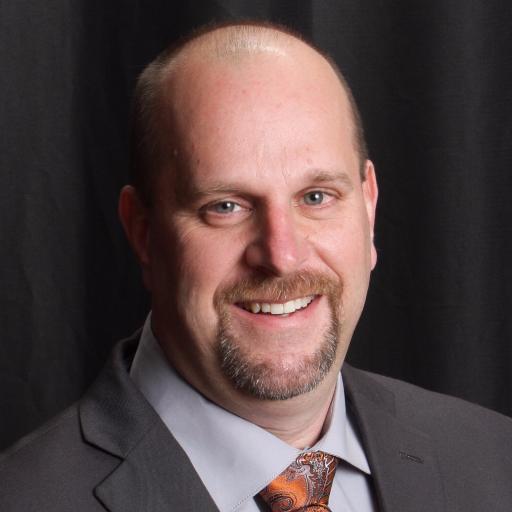I'm not the kind of person
You think I am
I'm not the antichrist or
The Iron Man
Gets Me Through, John (Ozzy) Osbourne
All aboard! Ozzy's voice crackled through the car stereo. Crazy Train is one of those special songs that is so unique that I remember vividly the first time I heard it. My friend's father was driving us to a Queen concert at Madison Square Garden and was listening to a radio station that was unfamiliar to me. The guitar riff for Crazy Train pulled me in further. Intertwined with the anticipation of my first concert, this song still stands out.
Ozzy Osbourne and his cohorts in Black Sabbath are widely regarded as pioneers of Heavy Metal. They set the stage for this genre with music that was heavier than what had come before, exploring darker themes including war, death, and mental illness. The image they presented, especially the use of leather clothing, was considered rebellious, but became the standard for metal bands. Their loud volume and visually impactful live performances would also influence how future bands would present themselves on stage.
Metallica's James Hetfield is one of the many metal musicians who have acknowledged Sabbath's influence on their career paths. He was introduced to the band through his older brother's record collection and found that it was more than just music, [it was] a powerful, loud, heavy sound that moved [my] soul. He paid tribute to this influence at Back to the Beginning, Black Sabbath's final concert on July 5, 2025:
Let's celebrate the band Black Sabbath, because without Sabbath, there would be no Metallica. Thank you, boys, for giving us a purpose in life. Thank you, Black Sabbath.
James Hetfield
In 1985, I was introduced to Ozzy as a live performer when Black Sabbath put aside their significant differences to reunite for the Philadelphia segment of Live Aid. The Prince of Darkness led his former band in a daytime set that included powerful renditions of their two most well-known songs, Paranoid and Iron Man.
Even with severe setbacks, including the death of his original guitarist, Randy Rhoads, and continued struggles with drug and alcohol addiction, Ozzy's career was doing significantly better than his former band, and the differences in their trajectories are clear in watching the performance. Tony Iommi, Geezer Butler, and Bill Ward represented the past, wearing their traditional black leather and sporting long, unkempt hair and mustaches. Ozzy was in the midst of his transformation to a hair metal act, his hair permed and his jacket sequined.
I would not see another Ozzy concert for another six years when I attended the 1991 Theatre of Madness tour at the Universal Amphitheater. The release of Nirvana's Smells Like Teen Spirit had killed off many hair metal bands, but his most recent album, No More Tears, was one of his best selling and had added three songs to his cannon, Mama, I'm Coming Home, No more Tears, and the Grammy winning I Don't Want to Change the World. Although the album was a hit, the shifting musical tides compelled Ozzy to transition from stadiums to smaller venues.
This was my introduction to the essential elements of an Ozzy performance, including:
- Continuous repetition of the phrases I can't f*cking hear you, I want to see your f*cking hands, Everyone go crazy, I love you all, and God bless you all.
- Ozzy prowling the stage like a tiger trapped at the zoo in a cage that is way too small.
- Sudden bouts of awkward jumping jacks.
- Drenching the audience with buckets of water. (The water was sometimes replaced with paper during winter tours.)
It was clear during this performance that Ozzy more than made up for his vocal limitations with his abundance of charisma. He was also backed up by a first-rate band. Known for finding some of the best guitarists in the genre, Zakk Wylde, who is currently Pantera's guitarist, held this position on this tour.
Future opportunities to see Ozzy came frequently as he and his wife, Sharon Osbourne, founded the Ozzfest metal festivals. Fueled by the desire to see some of the biggest bands in the genre, including Rob Zombie, System of a Down, Slipknot, and Marilyn Manson, along with a day full of up-and-coming bands performing on multiple stages, I was a frequent attendee at these concerts.
Looking back on these shows, it strikes me that nothing about these performances stands out. This speaks to Ozzy's consistency as a performer; like a fast food meal, you knew exactly what you were going to get. An Ozzy show was not going to expand your musical horizons; you usually knew what songs were going to be performed, and the on-stage antics were going to be the same.
(Note: You can view every article as one long page if you sign up as an Advocate Member, or higher).







